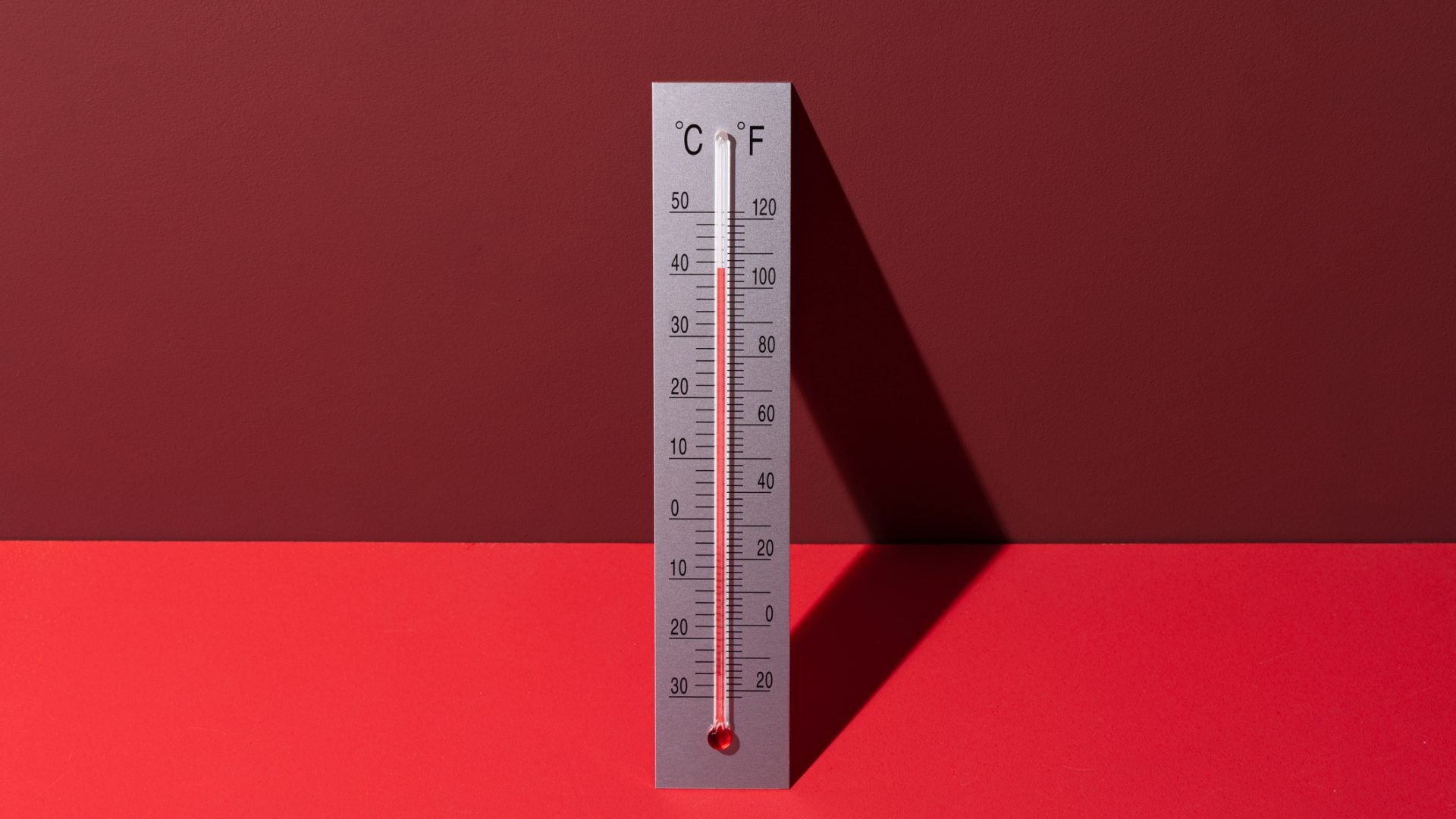
This summer it’s a Nelly and Megan Thee Stallion mashup, because “it’s getting hot in here” during this “hot girl summer.” But in all seriousness, we should be taking this heat wave seriously because of what we’ve seen thus far. “July will be the hottest month on Earth since instrument records began in the 19th century.”
Indeed, “[t]he summer of 2023 is behaving like a broken record about broken records,” as PBS aptly quipped. And with this extreme weather continuing its trajectory, “meteorologists and scientists say records like these give a glimpse of the big picture: a warming planet caused by climate change.”
“[T]here is no end in sight to the exceptional heat dominating North America. Most heat domes break down after a week or two, but not this one — it looks to remain large and in charge into August,” reports The Washington Post.
The numbers are alarming, and it’s important to remember that heat kills, and because of climate racism, it tends to kill Black people at a higher rate. This was confirmed by a recent study “Disproportionate exposure to urban heat island intensity across major US cities,” which said “that Black people living in most US cities are subject to double the level of heat stress as their white counterparts.”
We saw this play out in 2021, when Hurricane Ida decimated the homes of many Black and low-income residents in Mississippi and Louisiana. Afterward, the Environmental Protection Agency (EPA) conducted a first of its kind analysis and found that “[i]f the planet warms 2 degrees Celsius…Black people are 40 percent more likely to live in places where extreme temperatures will cause more deaths.”
This is exactly the reason why climate change is an environmental justice issue, and when it comes to environmental justice, Black women, “[they] are the backbone of the environmental justice movement.”
Abre’ Conner is the NAACP Director of Environmental and Climate Justice and also a clinic instructor for the Policy Clinic at UC Davis. Conner tells ESSENCE, “Right now, our communities, particularly Black communities are being forced to shoulder the burden of a climate disaster they did not create.”
“Let’s be clear, the catastrophic situations and subsequent suffering we are experiencing are a direct result of environmental neglect, disinvestment, and a lack of accountability on the reduction of toxic emissions,” Conner shares. “As is with many other policy failures, Black Americans are victim to a system that they did not break. This is especially apparent with the extreme heat that has continued to worsen in recent summer months.”
And when Black people face the heat, Black women often catch hell.
“Just last month, it was reported that Earth experienced its hottest day in recorded history. Make no mistake, extreme heat compounds many of the disparities Black women and mothers already face, namely, Black maternal health,” Connor adds.
“We must understand that extreme heat issues are racial and gender justice issues and the communities most impacted, like Black women, must lead the change. That’s why NAACP and ESRI are working collaboratively to share these stories through geospatial tools, raising awareness around the policy changes necessary to save Black people, and save the planet,” continued Conner.